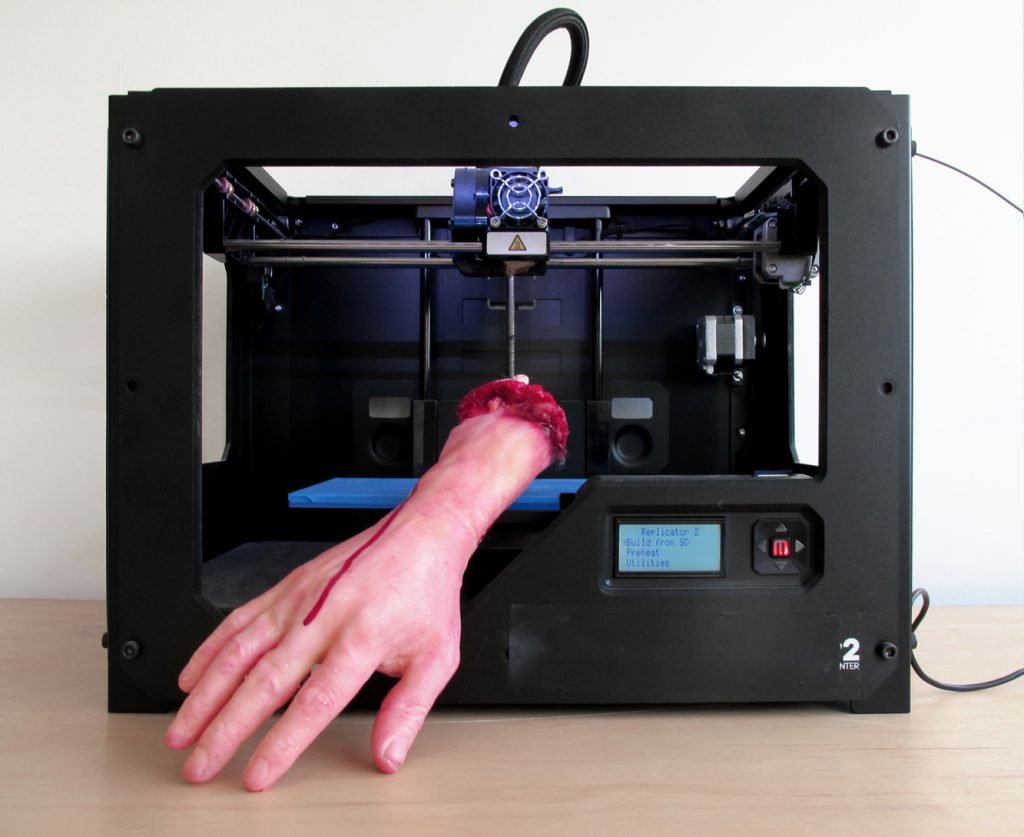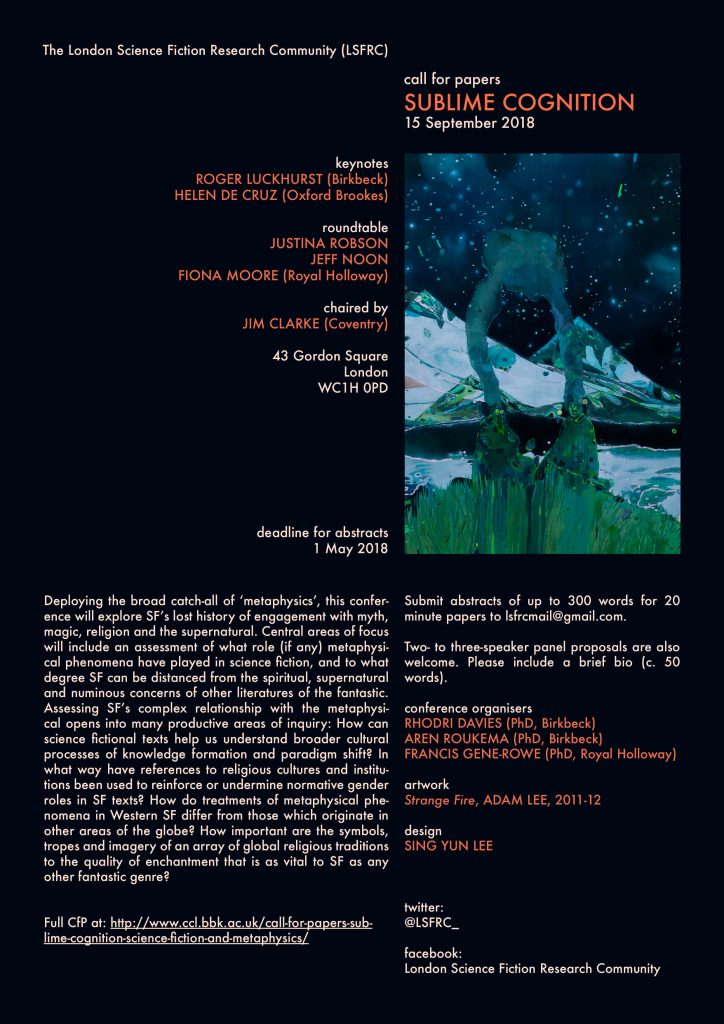Liberty, Irreverence and the Place of Women in Early Modern Culture
One Day Symposium in Honour of Dr Letizia Panizza
Bloomsbury Room, G35, Senate House
Friday 11th May 2018
9.30am – 7pm
For more information please contact: Stefano.Jossa@rhul.ac.uk
Registration free at: https://modernlanguages.sas.ac.uk/events/event/15855
This one-day conference considers ideas of liberty, irreverence and womanhood in early modern literature and culture, with 17 speakers from British and European Universities.
Programme
| 9.30 | Registration / Coffee |
| 10.00 | Giuliana Pieri (RHUL): Introduction |
| 10.15 | Stephen Clucas (Birkbeck College): Letizia Panizza’s Contribution to Scholarship |
| 10.45 | Coffee |
| 11.15 | The Contribution of Women to Early Modern Italian Culture Chair: Sarah Hutton (University of York) Abigail Brundin (University of Cambridge): Domestic Devotion in Renaissance Italy Helena Sanson (University of Cambridge): The Ammaestramenti e ricordi, Difese and Panegirico (1628) by Isabella Sori ‘alessandrina’: A Lost Voice from Seventeenth-Century Italy Francesca Medioli (Independent scholar): Arcangela Tarabotti and the 1620-1640 Gap Period Sandra Cavallo (Royal Holloway, London): Gender, Privacy and Space in the Roman Baroque Palace |
| 12.45 | Lunch |
|
13.45 |
Poetics and Poetry Chair: Jane Everson (Royal Holloway, University of London) Alison Brown (Royal Holloway, London): The Poems of Piero de’ Medici Amelia Papworth (Cambridge): ‘Do not blame me, but Ariosto’: Laura Terracina’s Discorsi and the Orlando Furioso Ambra Anelotti (Royal Holloway, London): The Afterlives of Ariosto’s Characters Poetry – Chair: Jane Everson (Royal Holloway, University of London) |
| 15.15 | Tea |
| 15.45 | Philosophy – Chair: Martin McLaughlin (University of Oxford)
Unn Irene Aasdalen (Norwegian Humanistic Academy, Norway): Diotima’s Role in Marsilio Ficino’s De amore John Sellars (Royal Holloway, London): Philosophical Lives in the Renaissance Michael J. B. Allen (UCLA): title to be confirmed |
| 17.15 | History, Art, Libertinism and Satire – Chair: Dilwyn Knox (University College London)
Marta Fattori (Sapienza Università di Roma): ‘1735 Machiavelli all’Indice: Processo contro il marchese Bernardo del Grillo e la sua biblioteca’ Angelo Romano (Università del Salento): Religious Reformed Satire of the Sixteenth Century Chrysa Damianaki (Università del Salento): Reconsidering the Form and Character of Gian Cristoforo Romano’s Bust of Beatrice d’Este |
| 18.45 | Conclusion |



